Jewish Family Services of Metrowest (JFS) was founded in 1979 in with a mission to provide social, health, and community services to alleviate suffering, enhance lives, and support people in need in the Boston Metrowest area. JFS offers services to youth, families, independent adults, elderly, and family caregivers focused on sustaining elders, strengthening children and families, building community, and making ends meet, with a wide-range of programs within each of these areas that offer a diverse set of support services to community members in need. With this wide array of programs, JFS offers cradle-to-grave services to thousands of low-income and at-risk families and individuals in the region.
However, these programs are small and have disparate funding sources and funding requirements which leads to each program having distinct needs and approaches for tracking program performance and communicating outcomes to funders and stakeholders. JFS has responded to funder’s increasingly demanding reporting requirements by identifying desired outcomes and corresponding measurement tools on a program by program basis. Each program director runs their own program’s outcome evaluation and quality management in silos, and the measurement tools are not linked across program areas, leading to inefficiencies in program delivery and performance reporting.
As a part of the 2012-2016 strategic plan, JFS identified program evaluation and outcomes measurement as a priority area of focus, with a goal of being able to target best programs and practices for growth through cohesive performance measurement and evaluation across its programming. Impact Catalysts (as its predecessor firm, Root Cause) worked with JFS to develop an integrated performance measurement system that provides a uniform tool and set of processes to track and evaluate outcomes and impact across program areas. The system allows JFS to track and measure outputs and outcomes both within and across program areas and better demonstrate and communicate its impact to external funders and stakeholders.
